Labcin-500mg contains erythromycin, a macrolide antibiotic that effectively combats various bacterial infections. This prescription medication works by inhibiting bacterial protein synthesis, making it valuable for respiratory, skin, and soft tissue infections. Labcin offers reliable antimicrobial action with a well-established safety profile for appropriate patients.
Uses
Labcin-500mg Erythromycin is primarily used for:
- Upper respiratory tract infections (pharyngitis, tonsillitis)
- Lower respiratory infections (pneumonia, bronchitis)
- Skin and soft tissue infections
- Mild to moderate acne vulgaris
- Pertussis (whooping cough) treatment and prophylaxis
- Chlamydial infections
- Legionnaires’ disease
- Alternative for penicillin-allergic patients
- Intestinal amebiasis
- Prophylaxis of rheumatic fever recurrence
Benefits
The key benefits of Labcin-500mg include:
- Effective against many gram-positive and some gram-negative bacteria
- Suitable alternative for penicillin-allergic patients
- Concentrates in tissues for effective localized treatment
- Anti-inflammatory properties alongside antimicrobial action
- Well-established safety profile with decades of clinical use
- Available in multiple formulations for different patient needs
- Minimal cross-resistance with other antibiotic classes
- Relatively low cost compared to newer antibiotics
- Active against atypical pathogens like Mycoplasma
- Appropriate for use during pregnancy (category B)
How It Works
Erythromycin binds to the 50S subunit of bacterial ribosomes, inhibiting protein synthesis by blocking the translocation step. This bacteriostatic action prevents bacteria from growing and reproducing, allowing the body’s immune system to effectively eliminate the infection. For some susceptible organisms, erythromycin may be bactericidal at higher concentrations.
Dosage
| Condition | Standard Dosage | Duration |
|---|---|---|
| Respiratory infections | 500mg every 6 hours | 7-14 days |
| Skin infections | 500mg every 6 hours | 7-10 days |
| Chlamydial infections | 500mg four times daily | 7 days |
| Pertussis | 500mg every 6 hours | 14 days |
| Acne | 500mg twice daily | As directed |
Take with a full glass of water, preferably on an empty stomach. If stomach upset occurs, may be taken with food. Complete the full course as prescribed.
Duration of Action
Labcin reaches peak blood levels within 1-4 hours after oral administration. The half-life ranges from 1.5-2 hours, necessitating multiple daily doses. Therapeutic effects generally become apparent within 48-72 hours. Most bacterial infections require 7-14 days of treatment for complete eradication, though some conditions may require longer treatment periods.
Side Effects
Common side effects include gastrointestinal disturbances (nausea, vomiting, abdominal pain, diarrhea), allergic reactions (rash, itching), and temporary hearing impairment with high doses. Less common effects include reversible liver function abnormalities and cardiac arrhythmias, particularly QT prolongation. Rare but serious side effects include severe allergic reactions and pseudomembranous colitis.
Warning
Discontinue use and seek immediate medical attention if experiencing severe diarrhea, significant abdominal pain, jaundice, unusual fatigue, irregular heartbeat, or severe skin reactions. Labcin may increase the risk of QT interval prolongation in susceptible individuals. Extended or repeated use may result in bacterial resistance or superinfection with non-susceptible organisms.
Pregnancy and Breastfeeding
Erythromycin is generally considered safe during pregnancy (FDA Category B). It crosses the placenta but has not been associated with birth defects. Erythromycin is excreted in breast milk in small amounts and is generally considered compatible with breastfeeding. Consult your healthcare provider before use.
Interaction
Labcin may interact with:
- Statins (increased risk of muscle toxicity)
- Warfarin (enhanced anticoagulant effect)
- Theophylline (increased theophylline levels)
- Carbamazepine (increased carbamazepine levels)
- Cyclosporine (increased cyclosporine levels)
- Ergot alkaloids (increased risk of ergotism)
- Triazolam and related benzodiazepines (increased sedation)
- Digoxin (increased digoxin levels)
- QT-prolonging medications (increased risk of arrhythmias)
- Oral contraceptives (potential reduced effectiveness)
Precaution
Use cautiously in patients with liver disease, myasthenia gravis, or history of QT prolongation. Monitor liver function with prolonged therapy. Avoid in patients with known hypersensitivity to macrolide antibiotics. May cause false results in certain laboratory tests. Store at room temperature, protected from light and moisture. Complete the entire prescribed course to prevent bacterial resistance.
Important Information
Use only for bacterial infections, not viral illnesses such as colds or flu. Take at evenly spaced intervals for consistent blood levels. May reduce effectiveness of hormonal contraceptives; use additional birth control. Report any unusual symptoms promptly. Keep out of reach of children. Properly dispose of unused medication.
Product Image Highlights
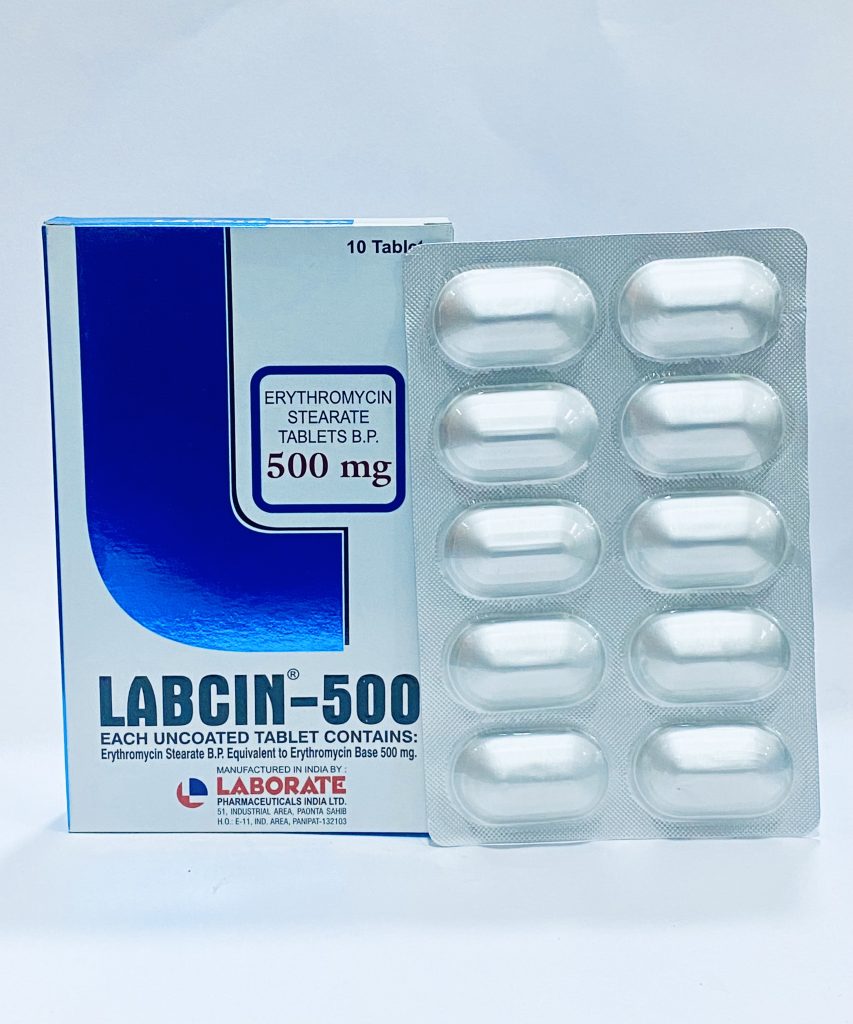
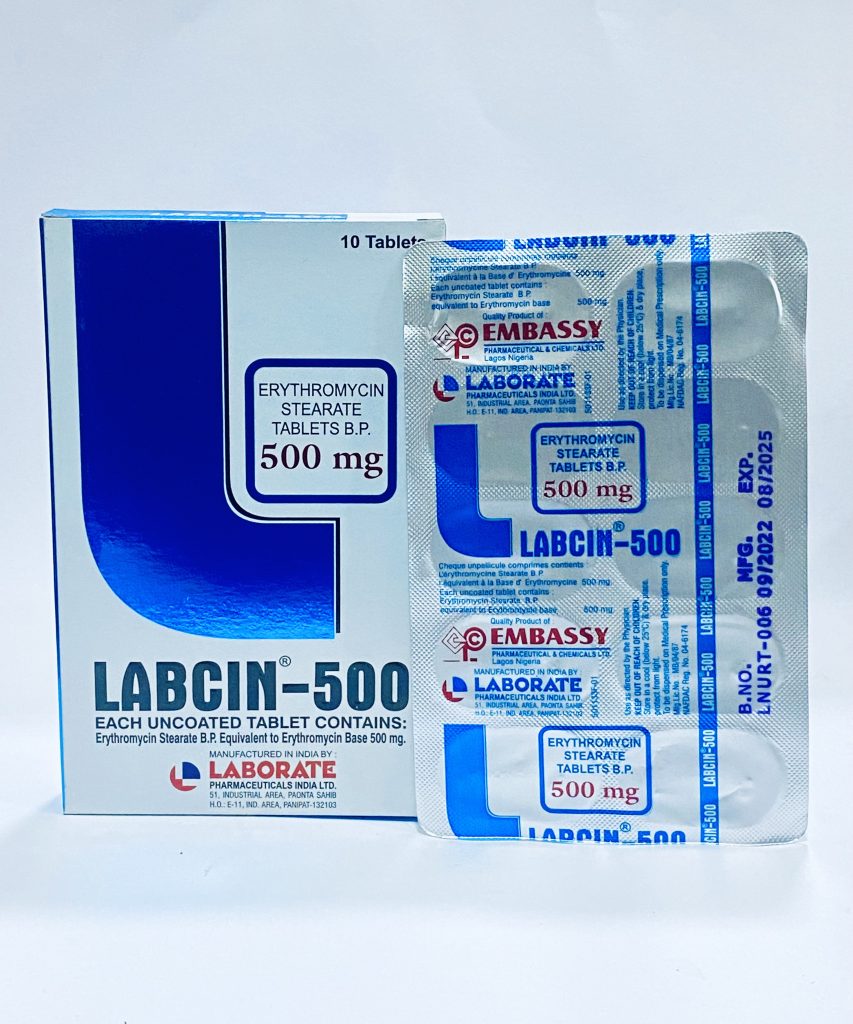
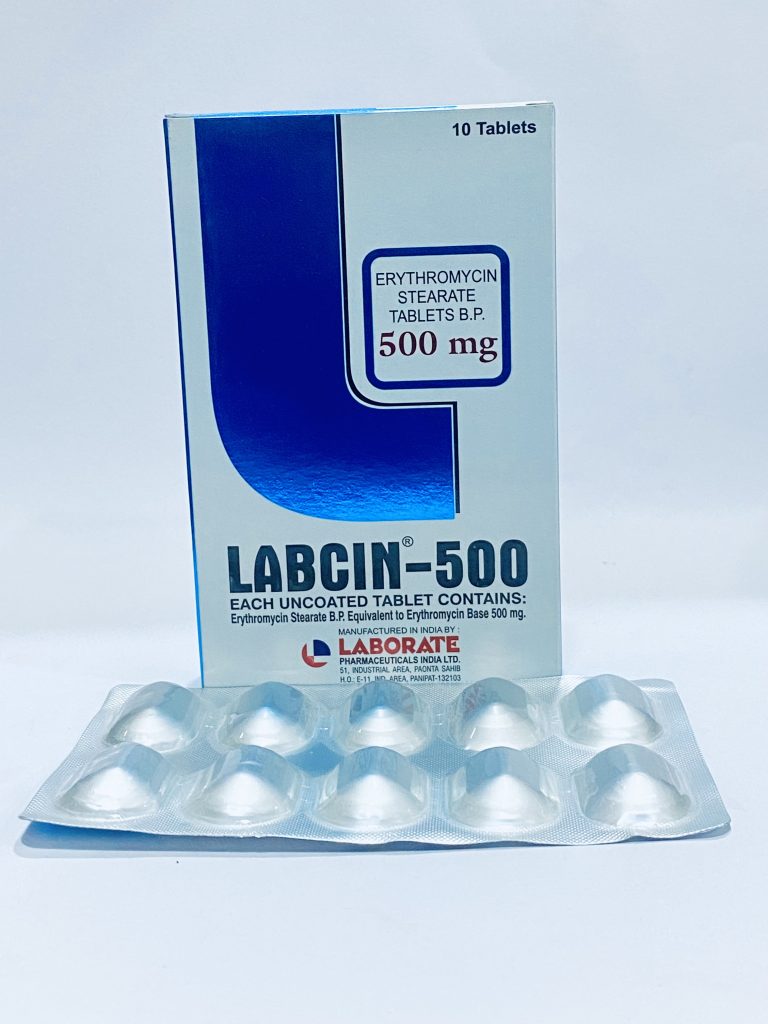
Customer questions & answers
There are no questions yet. Be the first to ask a question about this product.
Selected with Care, Just for You
-
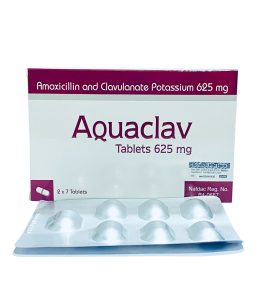 ₦8,000.00Rated 0 out of 5
₦8,000.00Rated 0 out of 5Aquaclav 625mg tablets contain a combination of amoxicillin and clavulanate...
-
 ₦12,000.00Rated 0 out of 5
₦12,000.00Rated 0 out of 5Vitacillin 250mg treats bacterial infections including respiratory tract infections, urinary...
-
 ₦7,500.00Rated 0 out of 5
₦7,500.00Rated 0 out of 5Terlev-750 tablets contain 750mg of levofloxacin, it antibiotic used to...
-
 ₦4,500.00Rated 0 out of 5
₦4,500.00Rated 0 out of 5Cenox Tablet is a prescription medicine that contains ciprofloxacin, it...

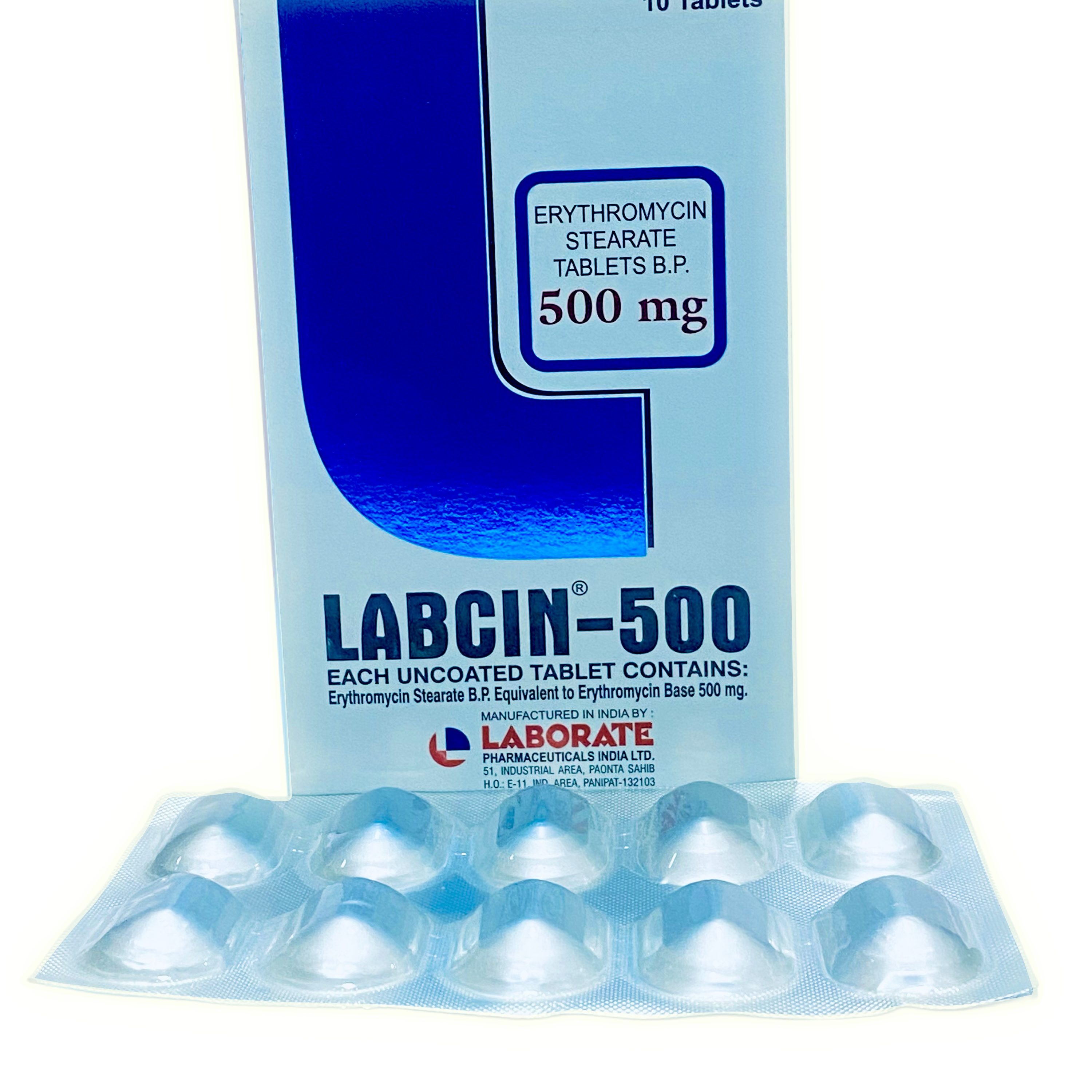
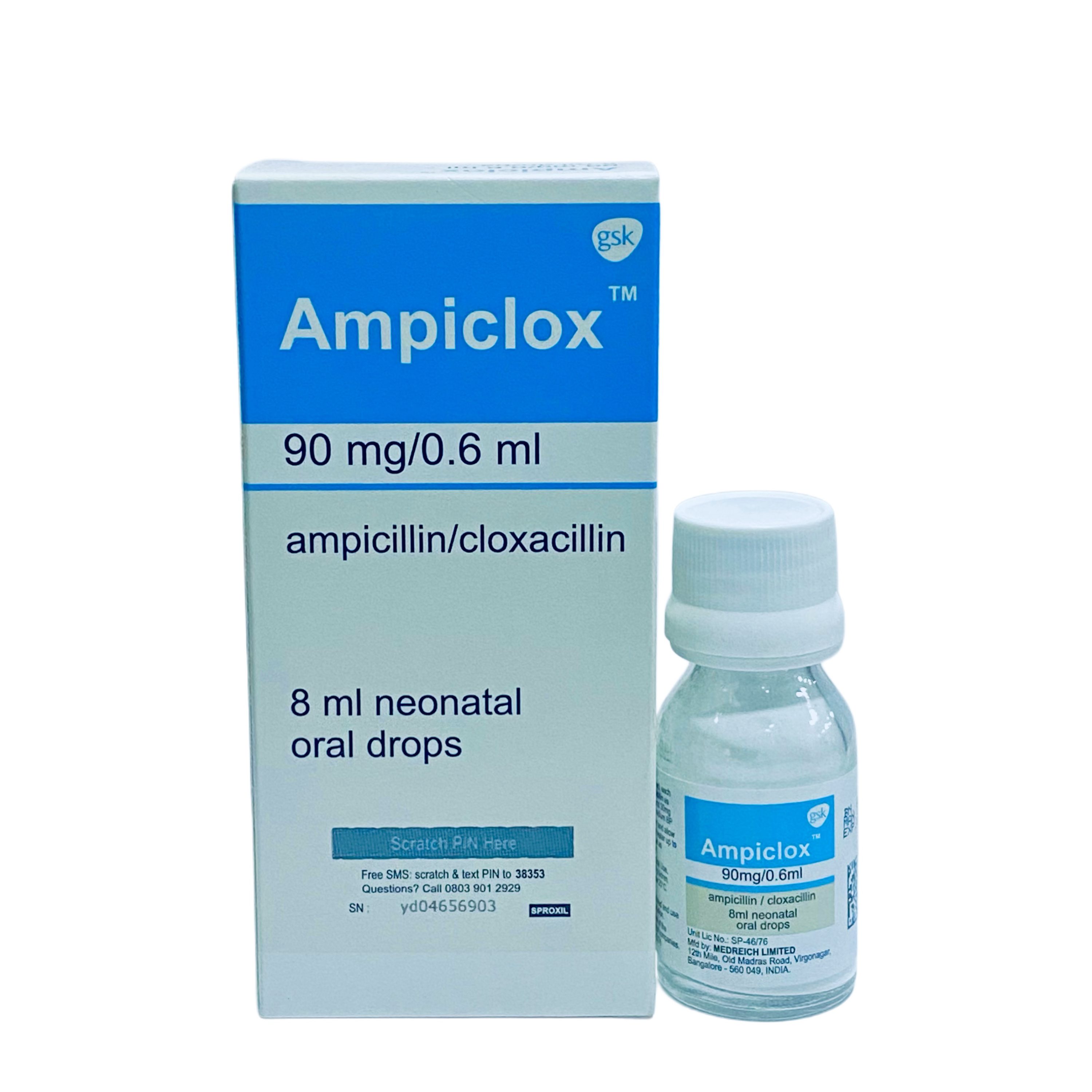

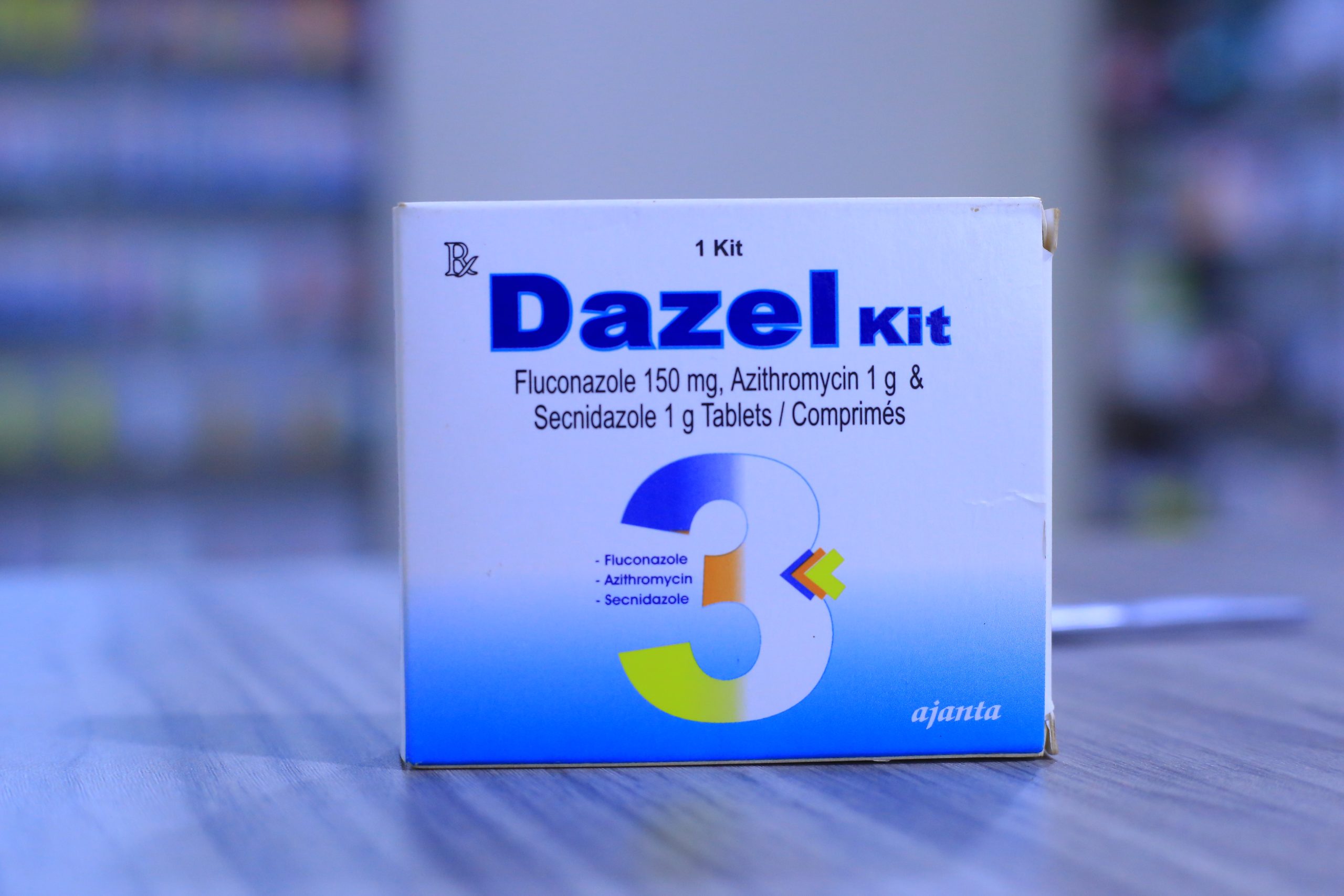
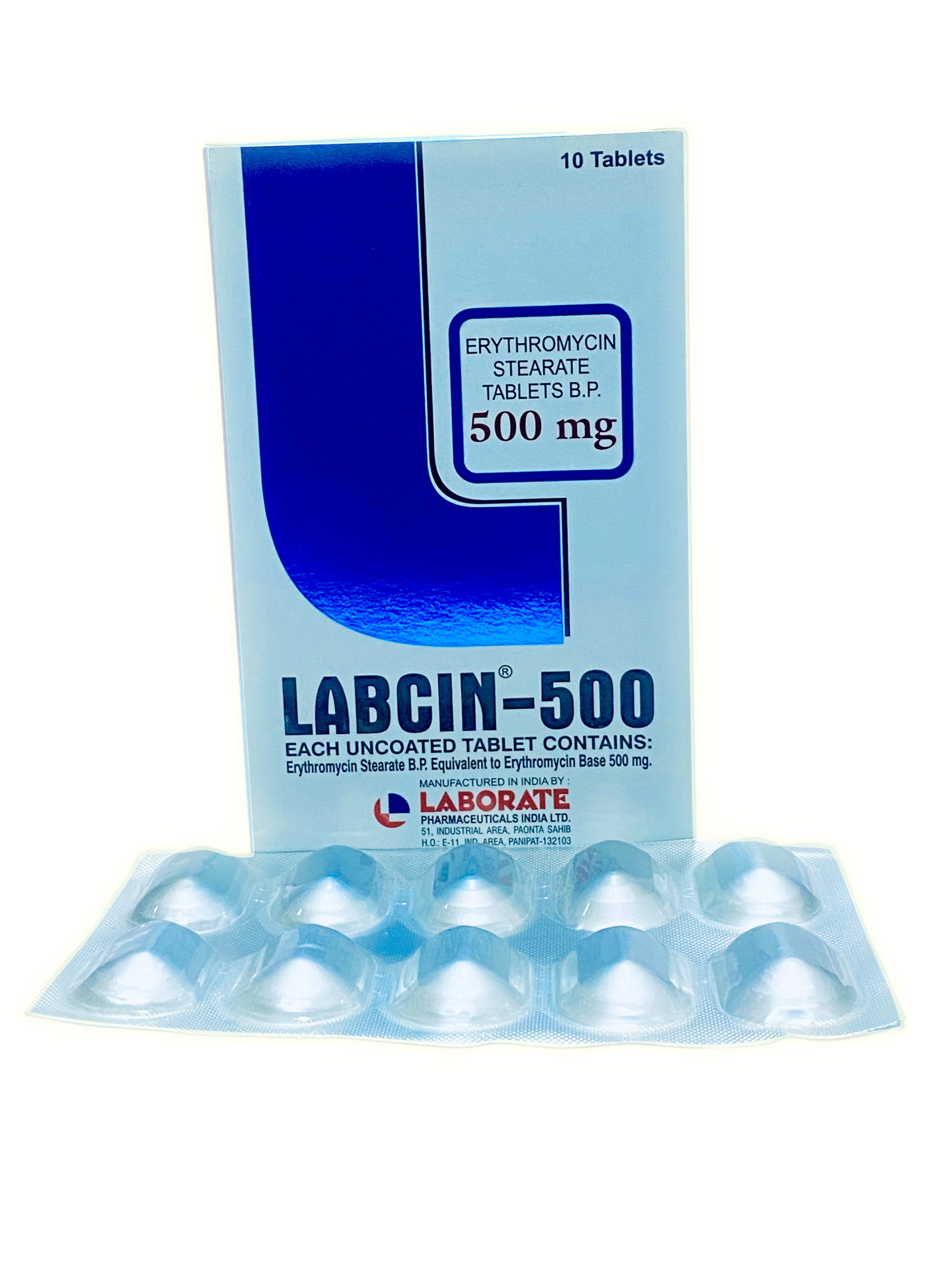
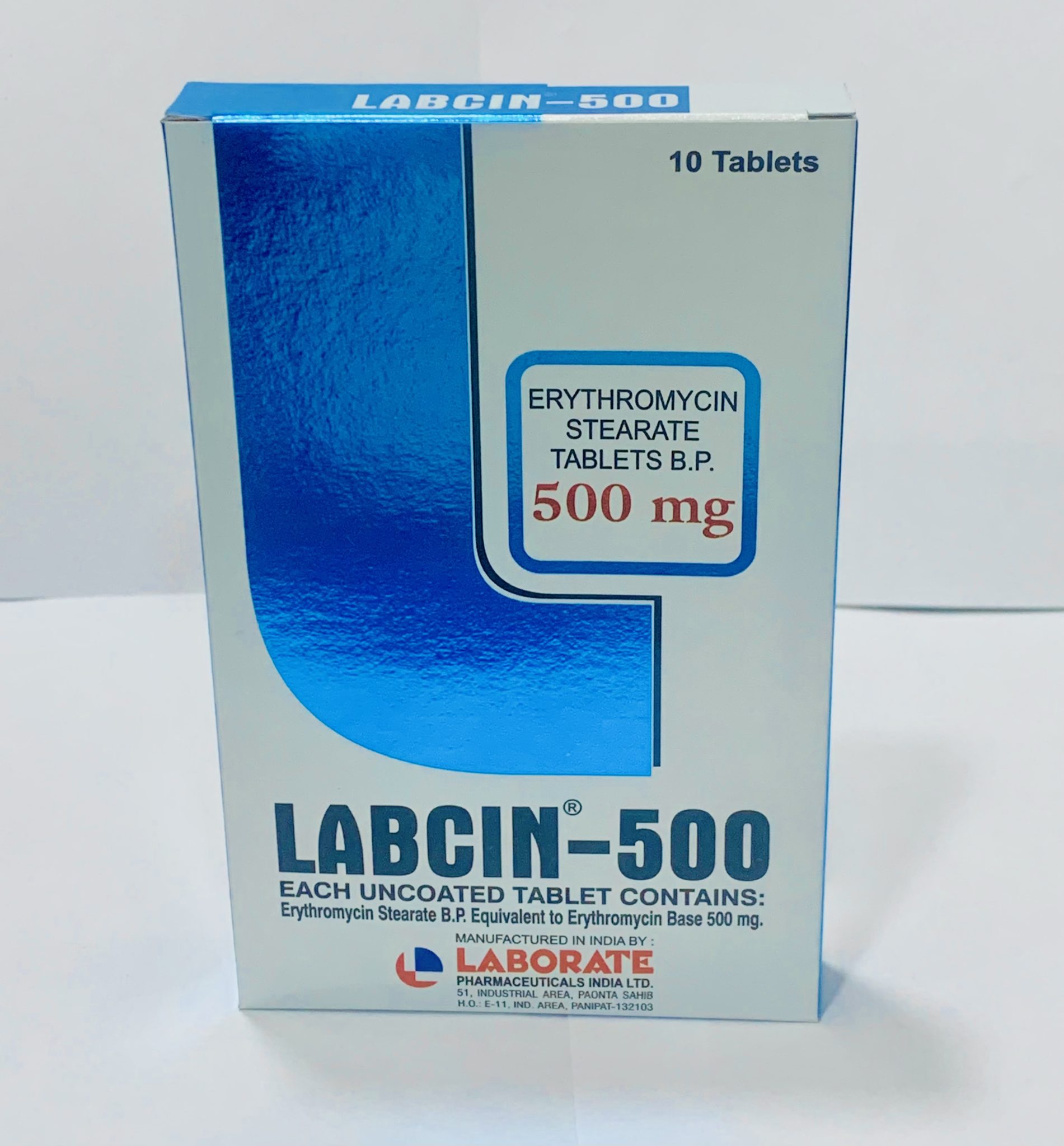

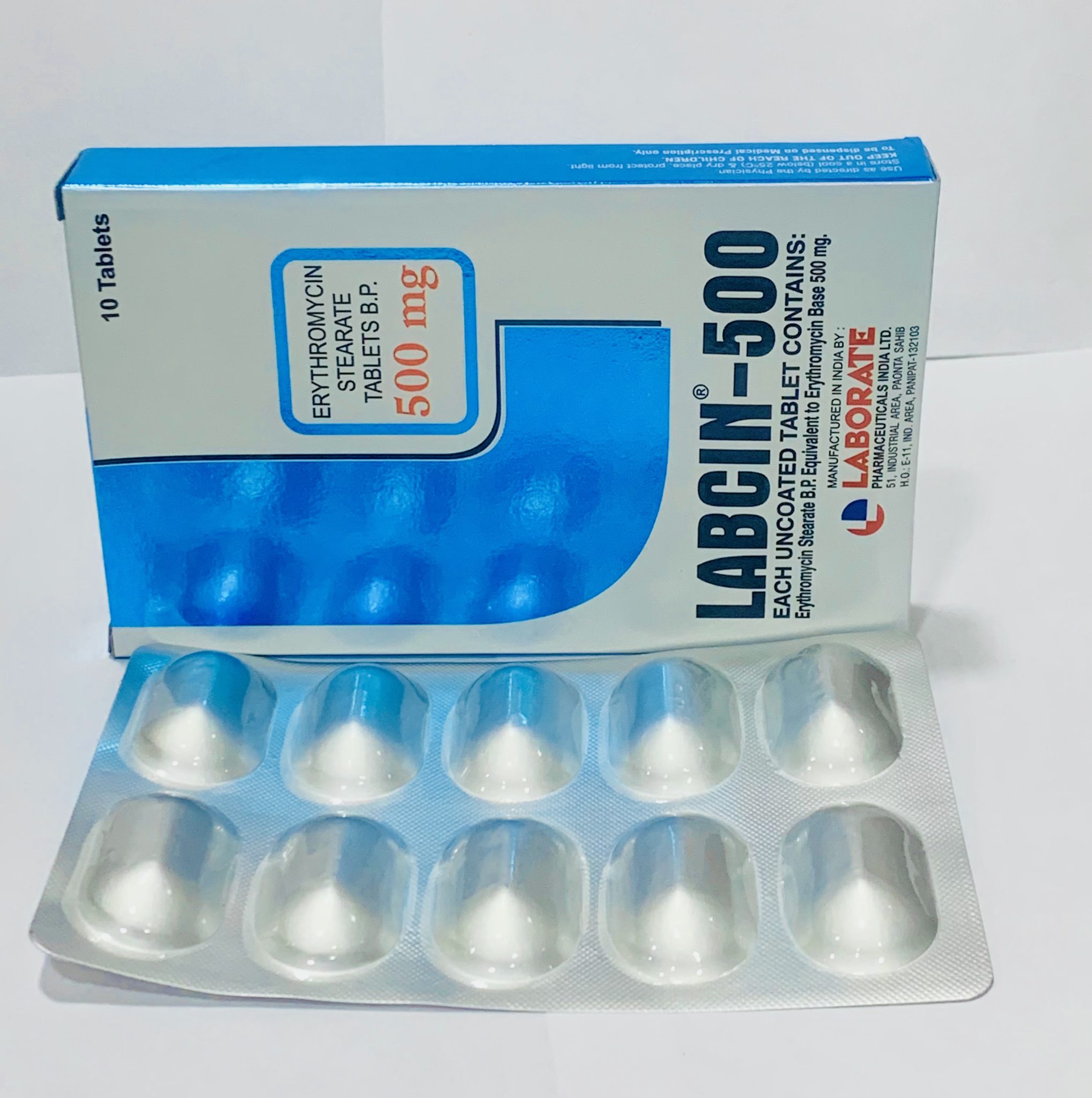
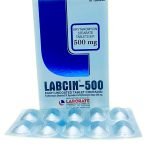

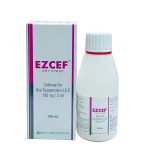
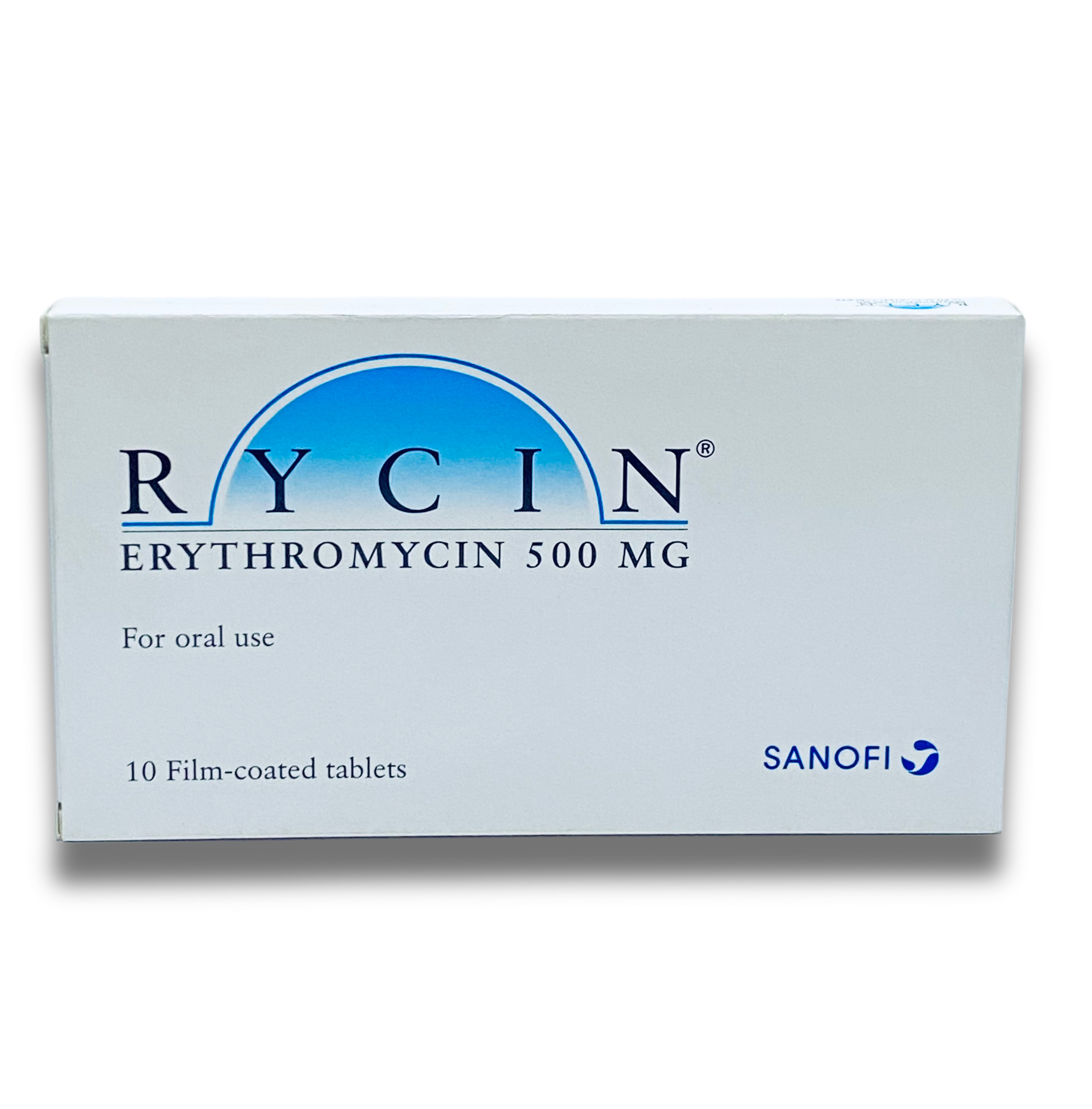
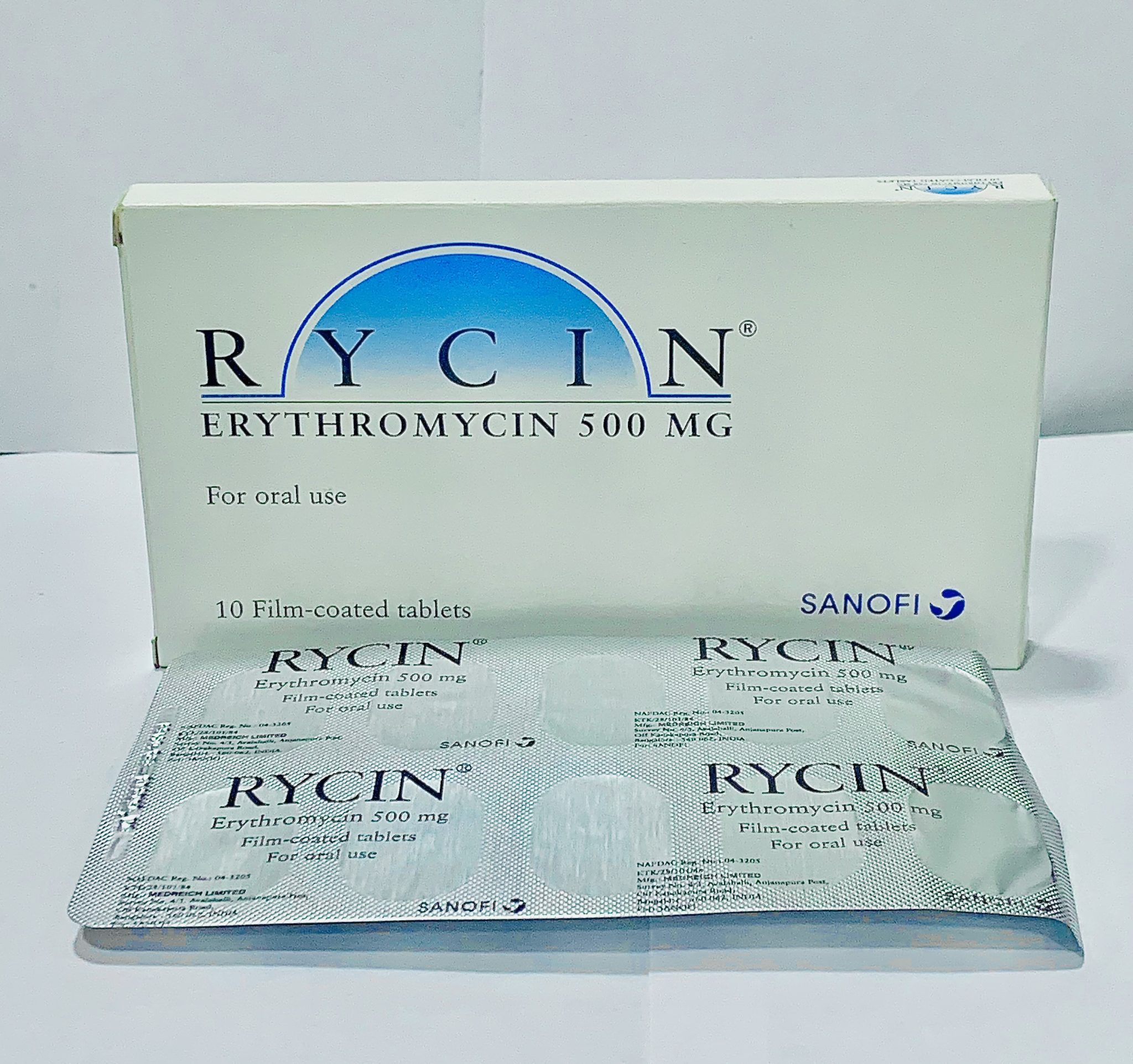
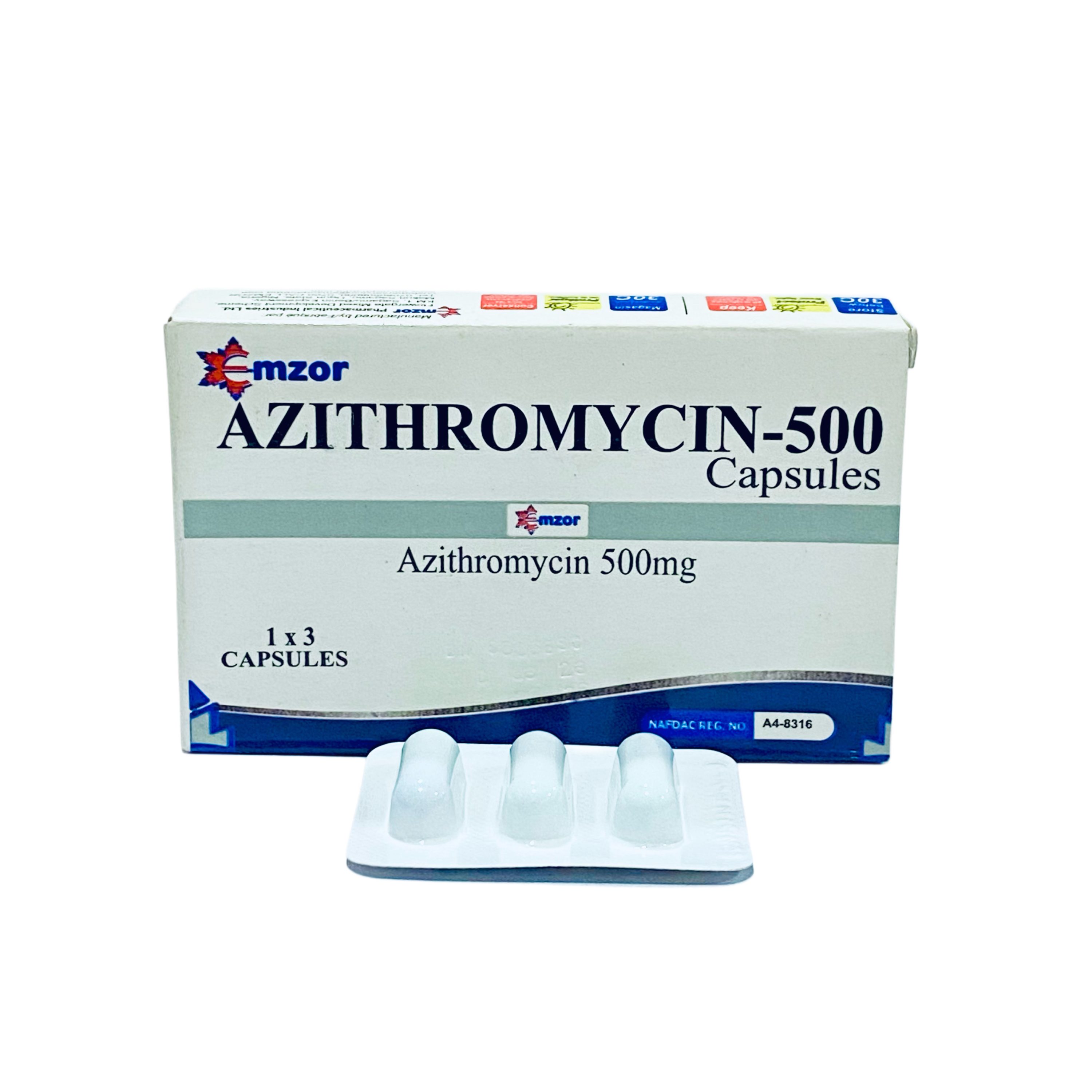
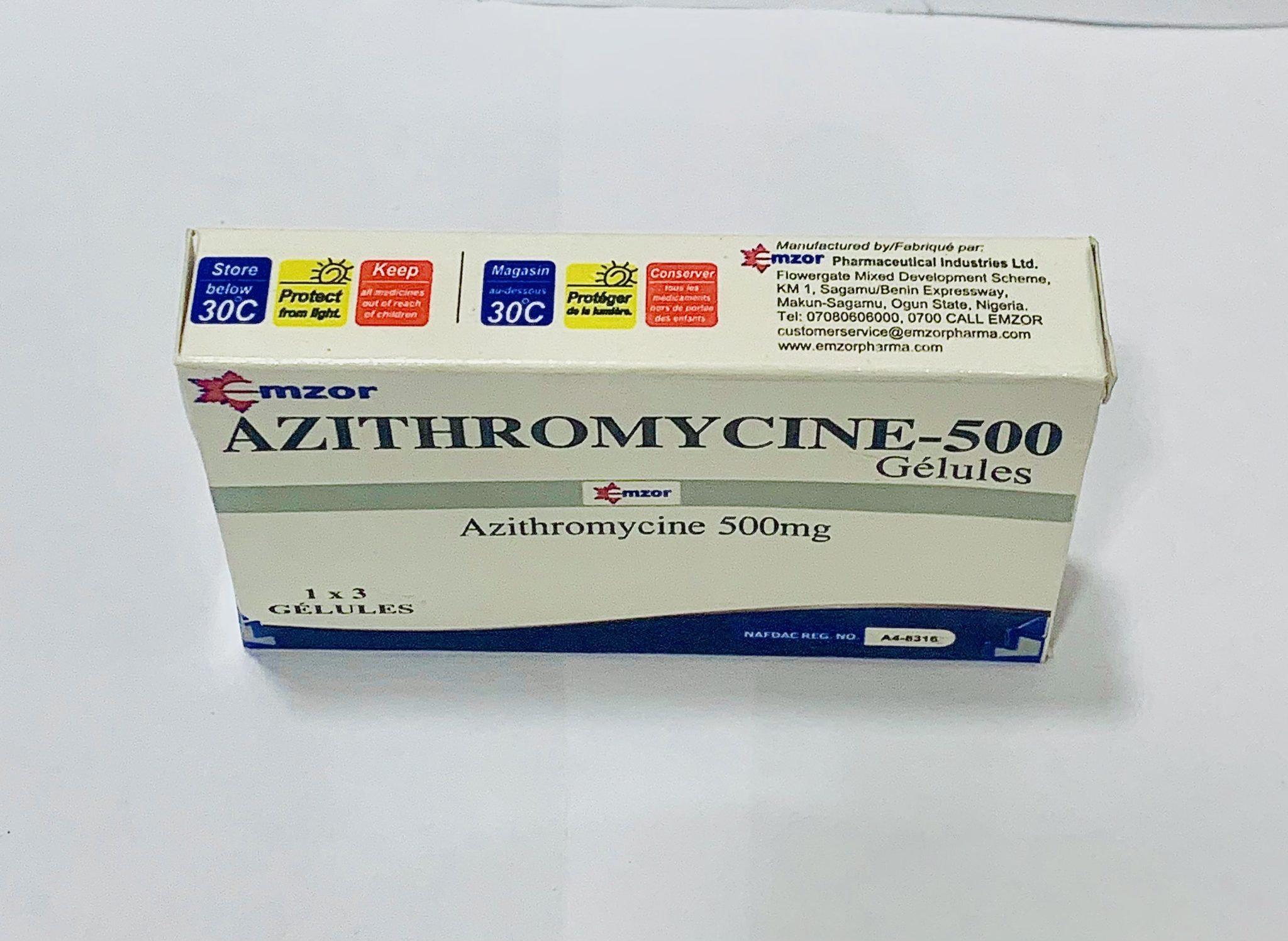

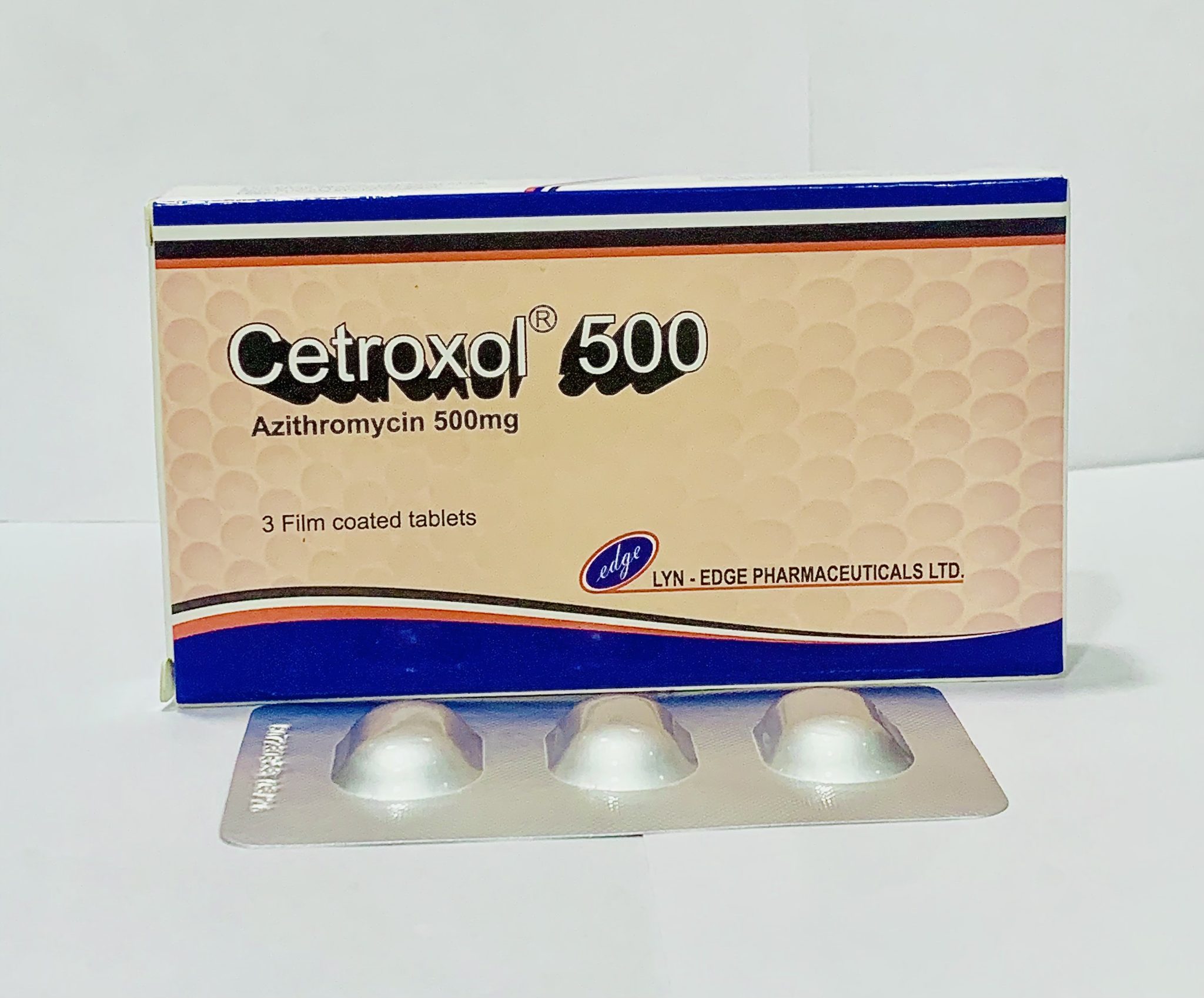
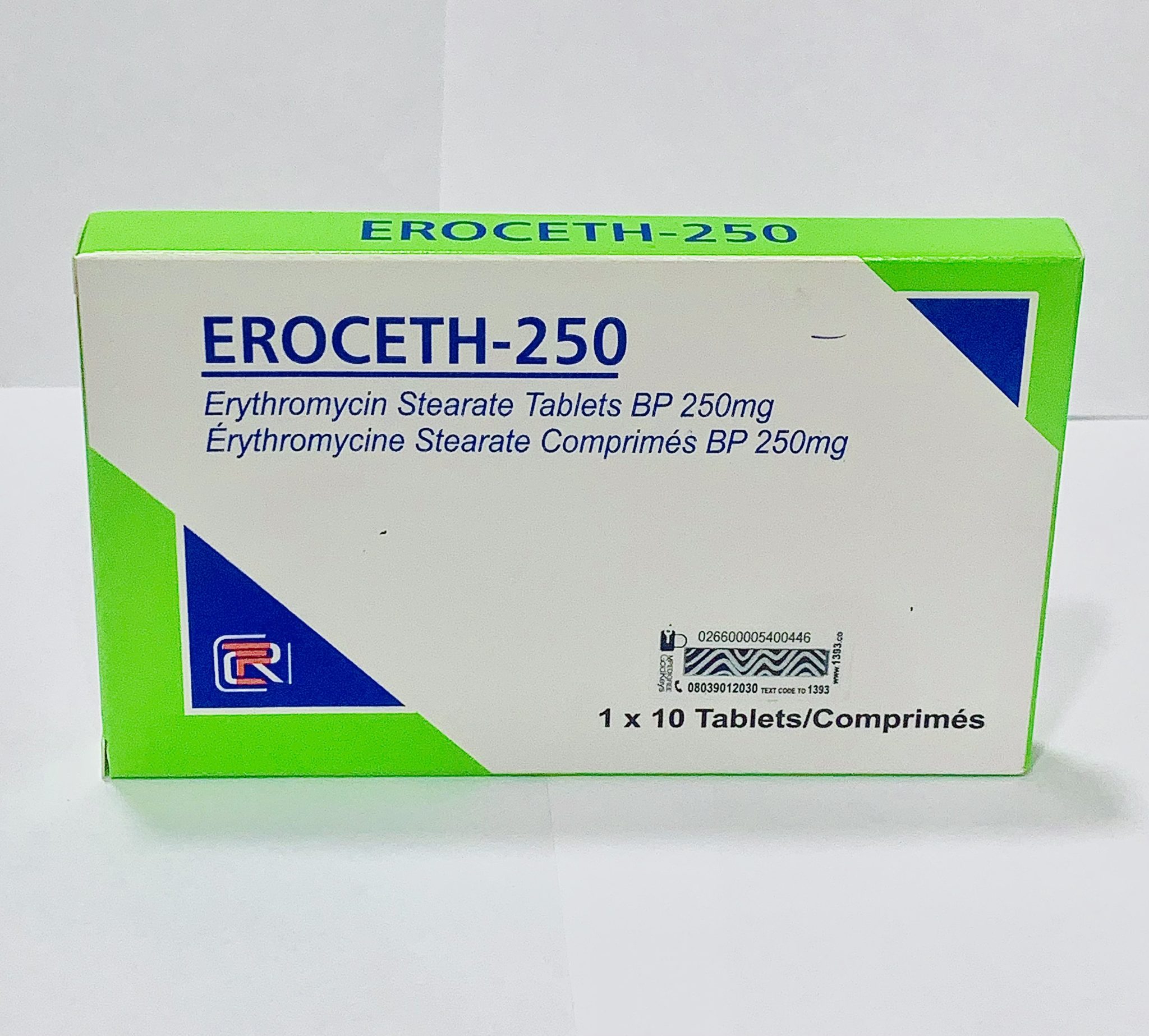
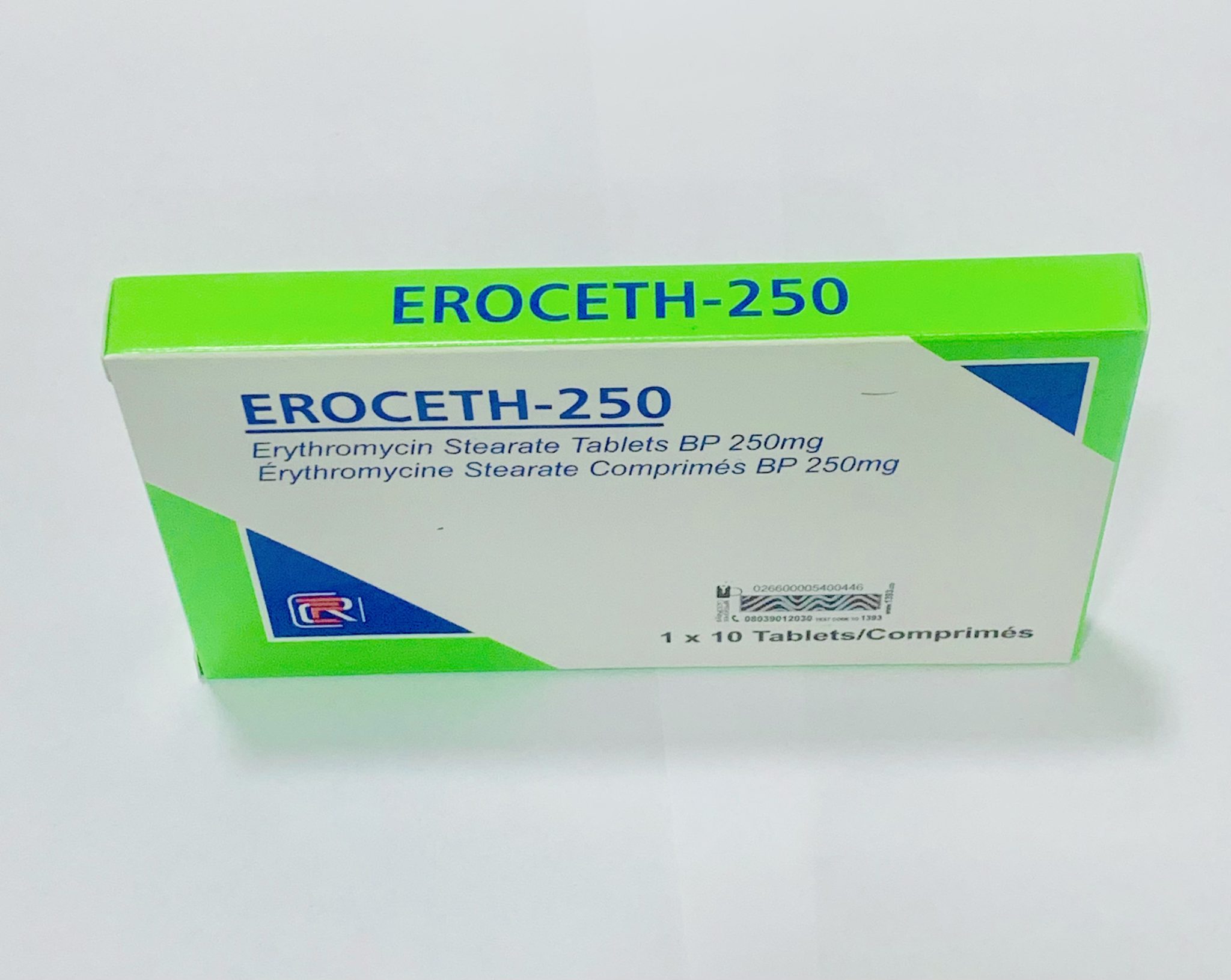


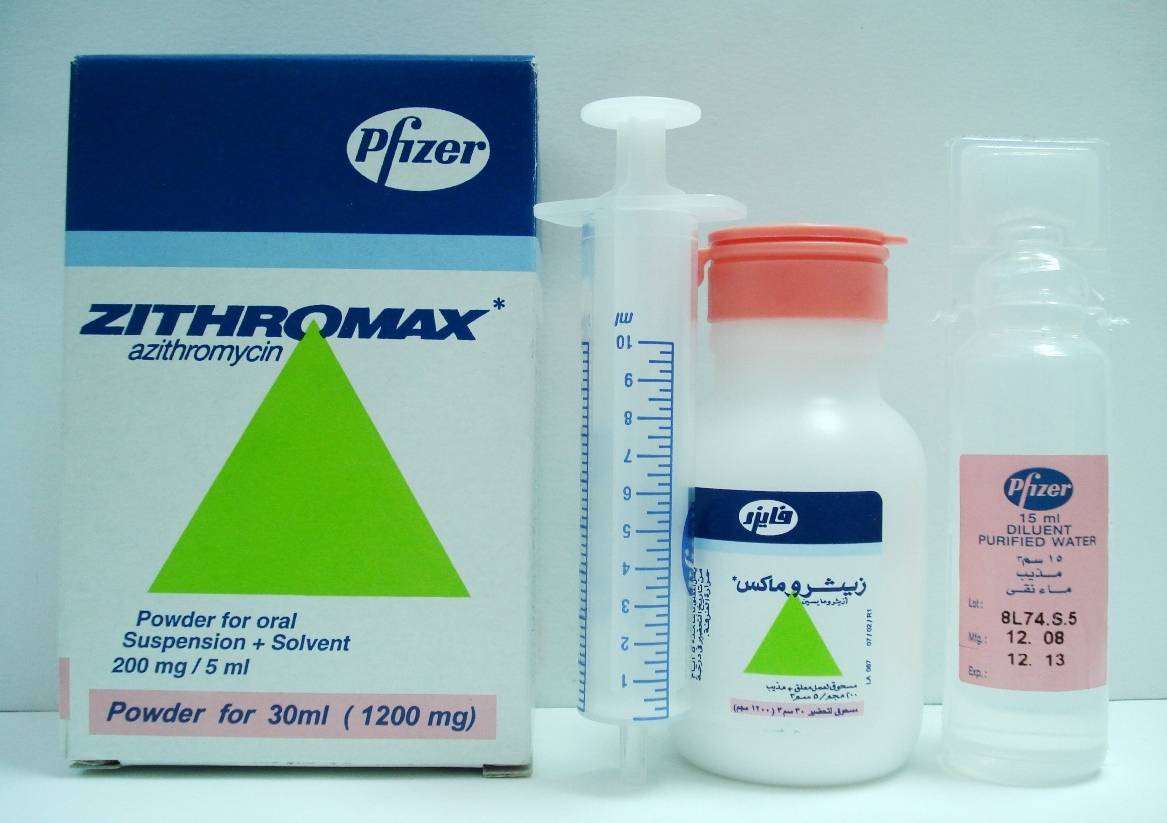
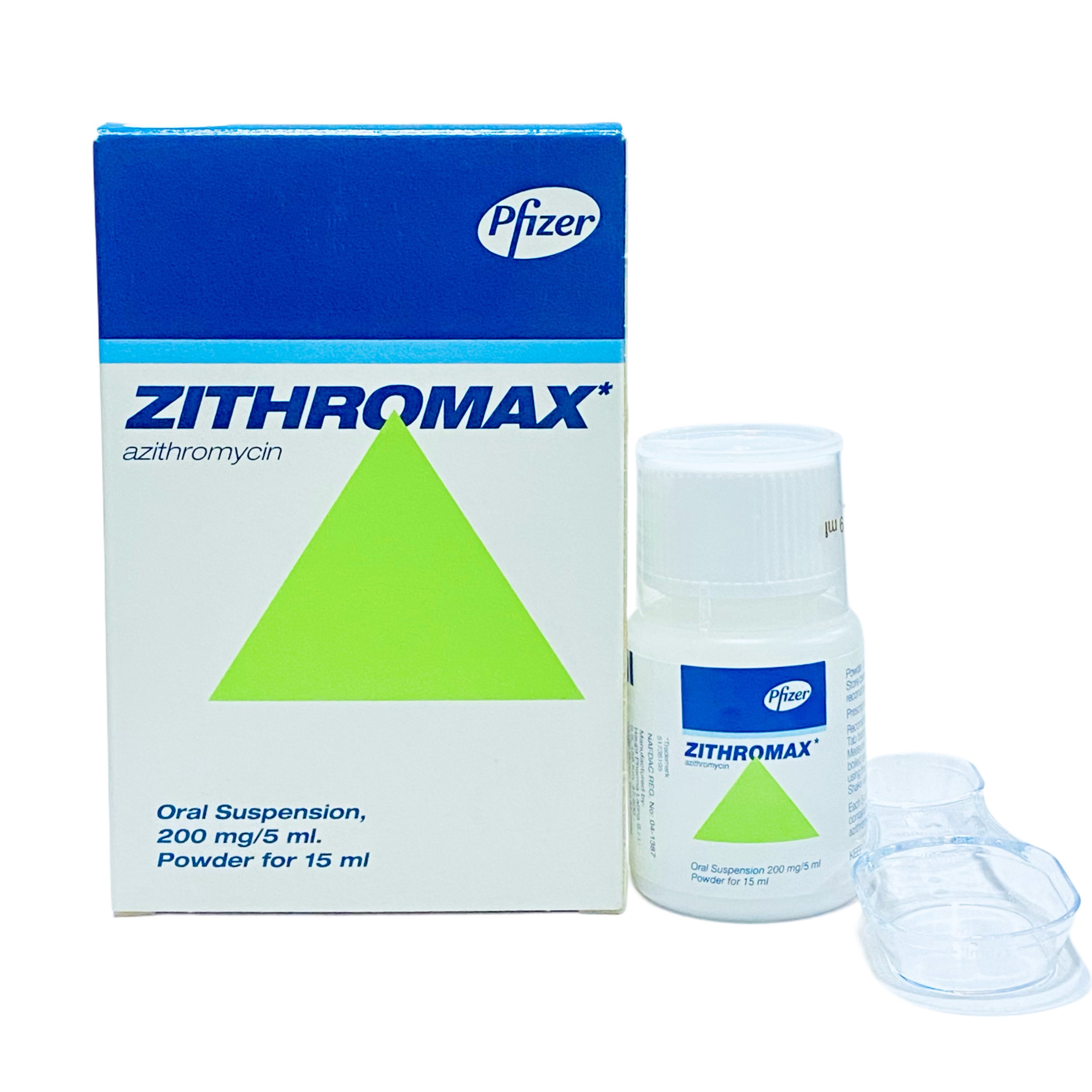

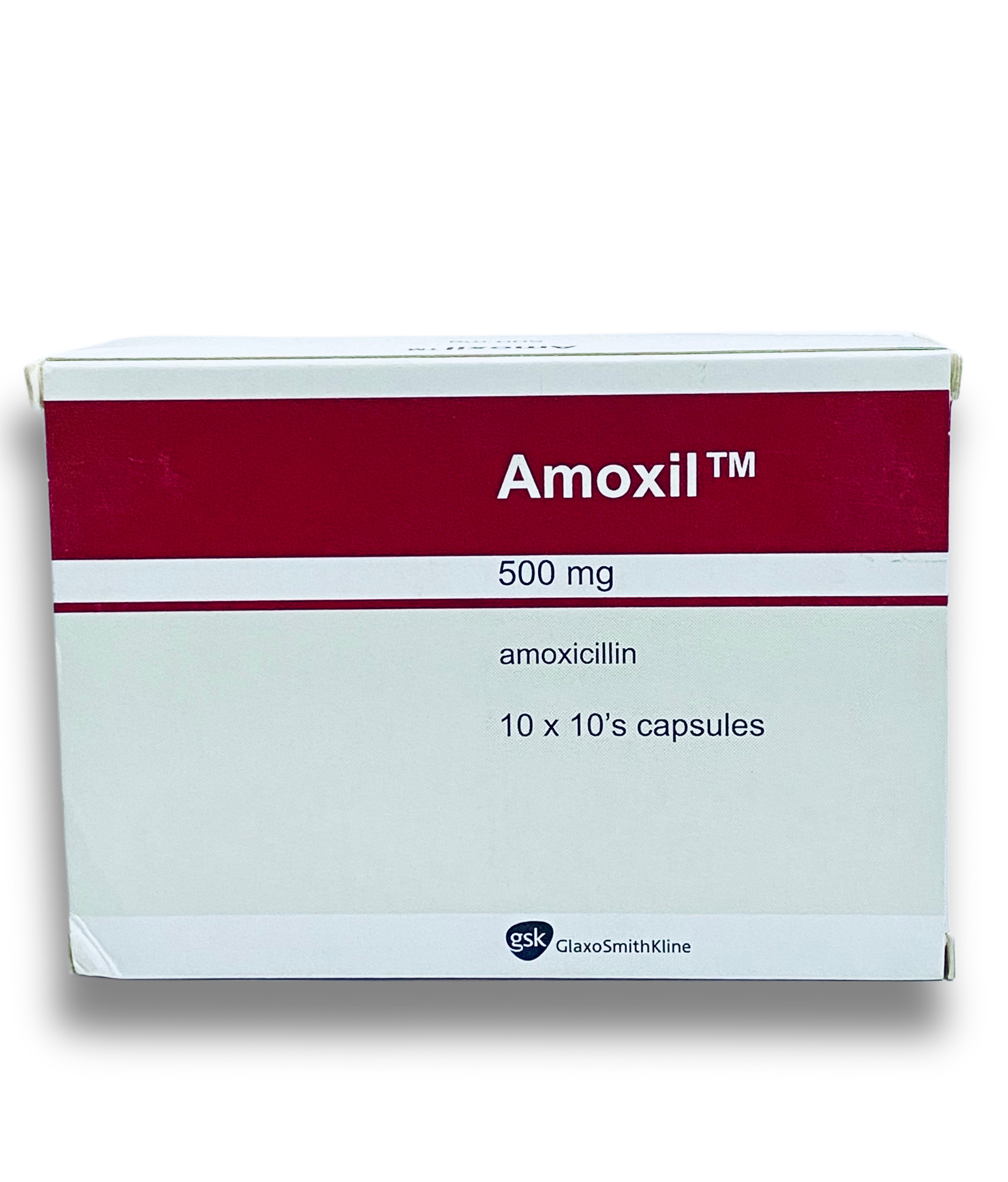
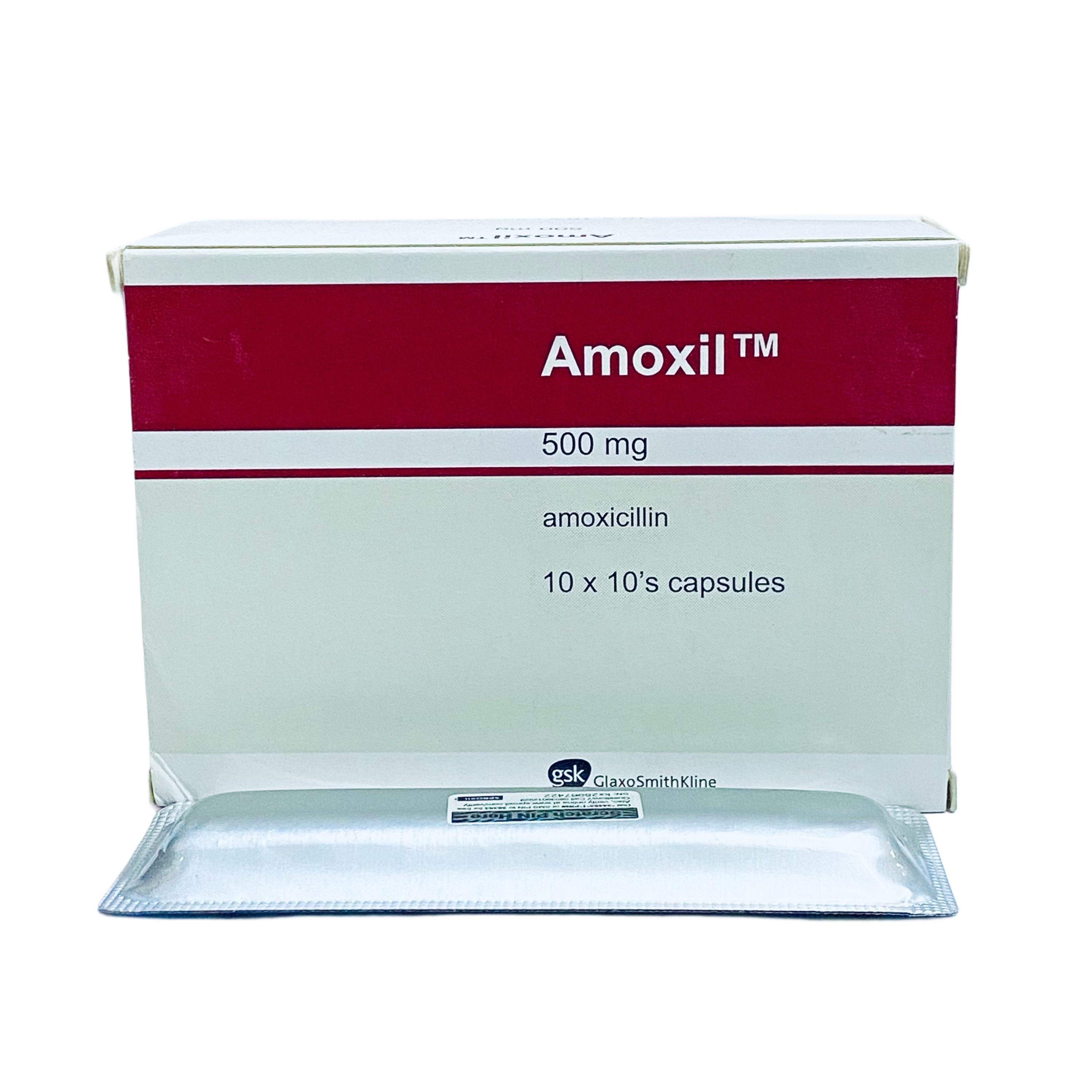

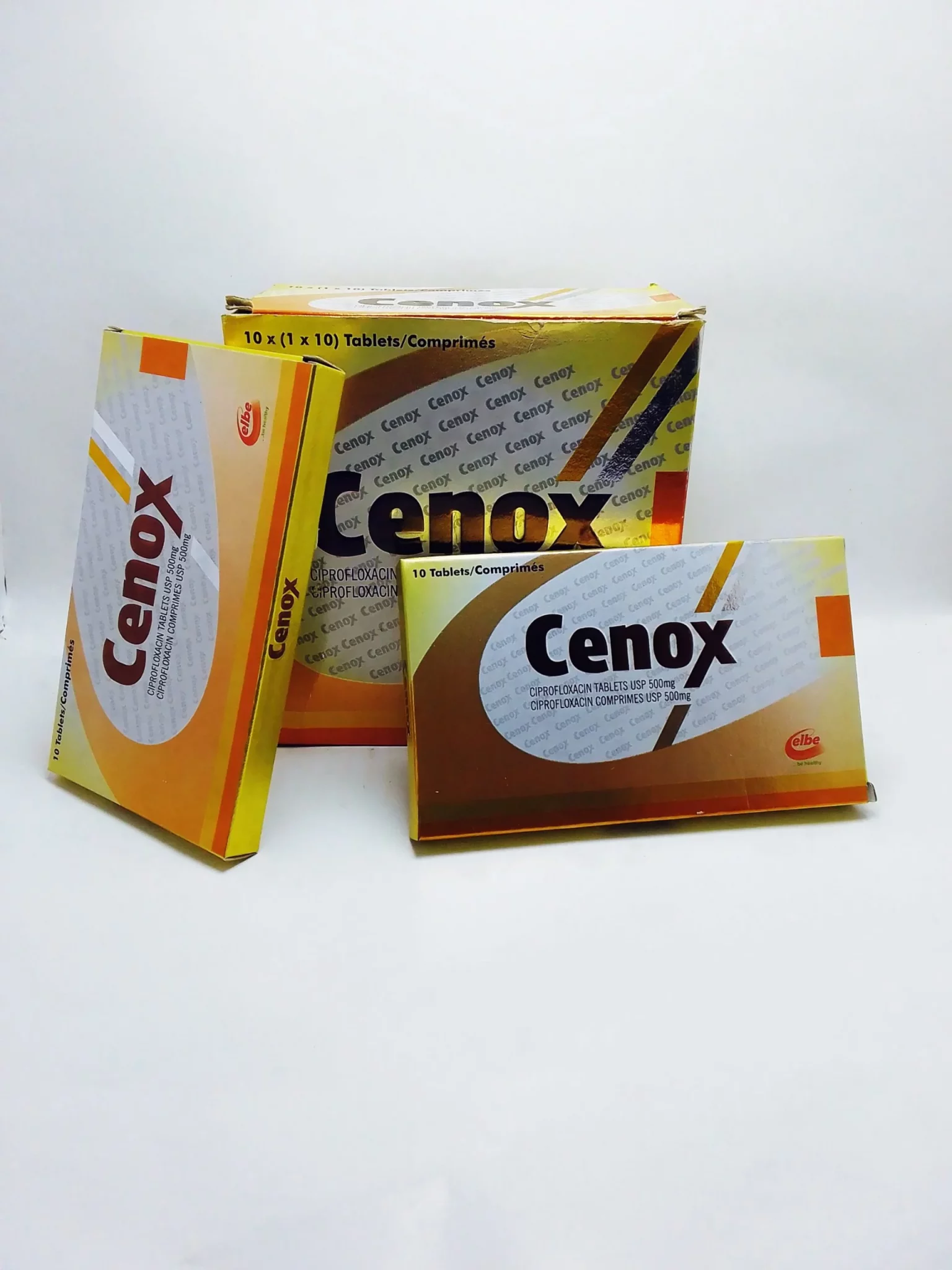
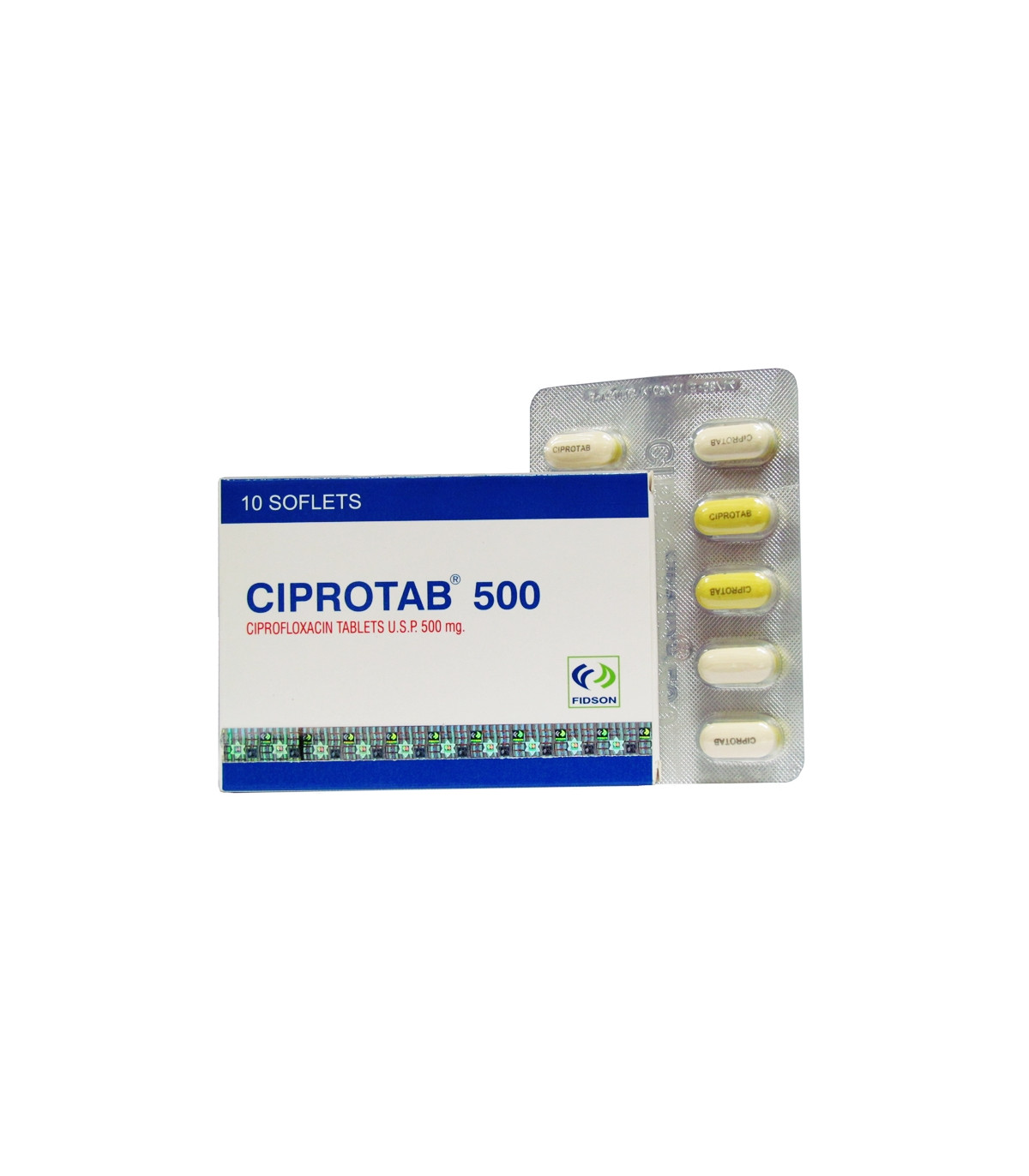
Reviews
There are no reviews yet.